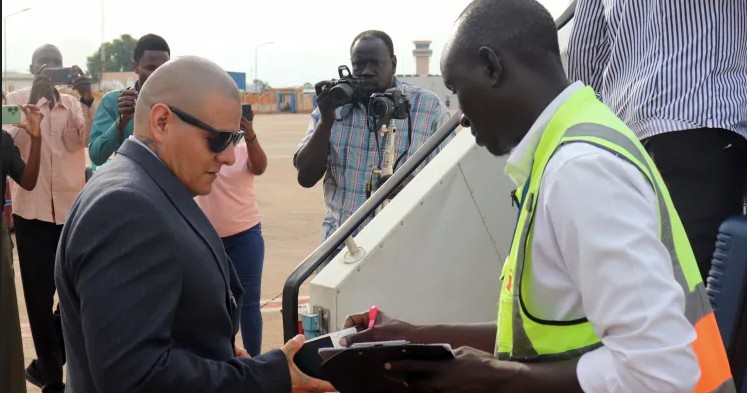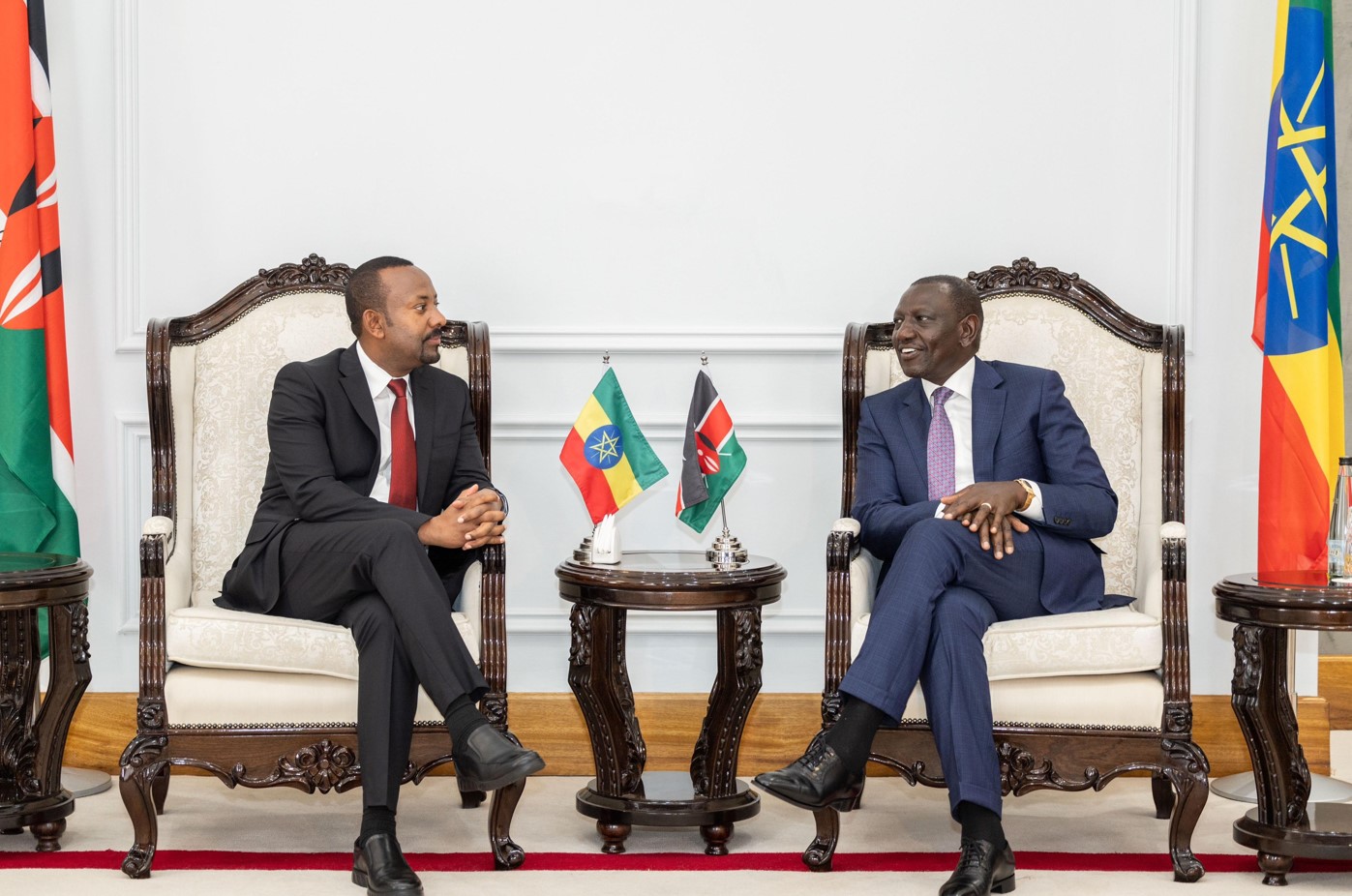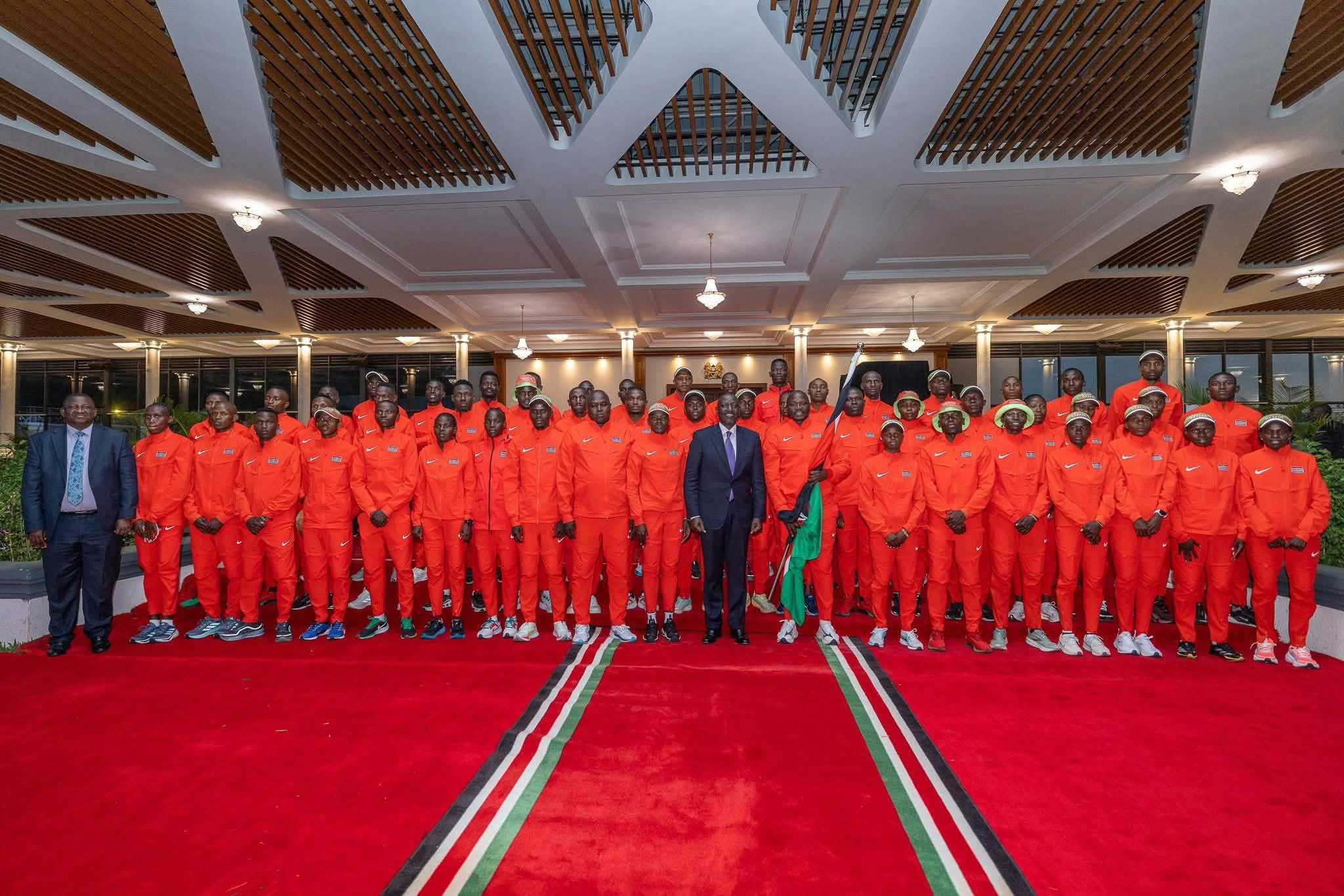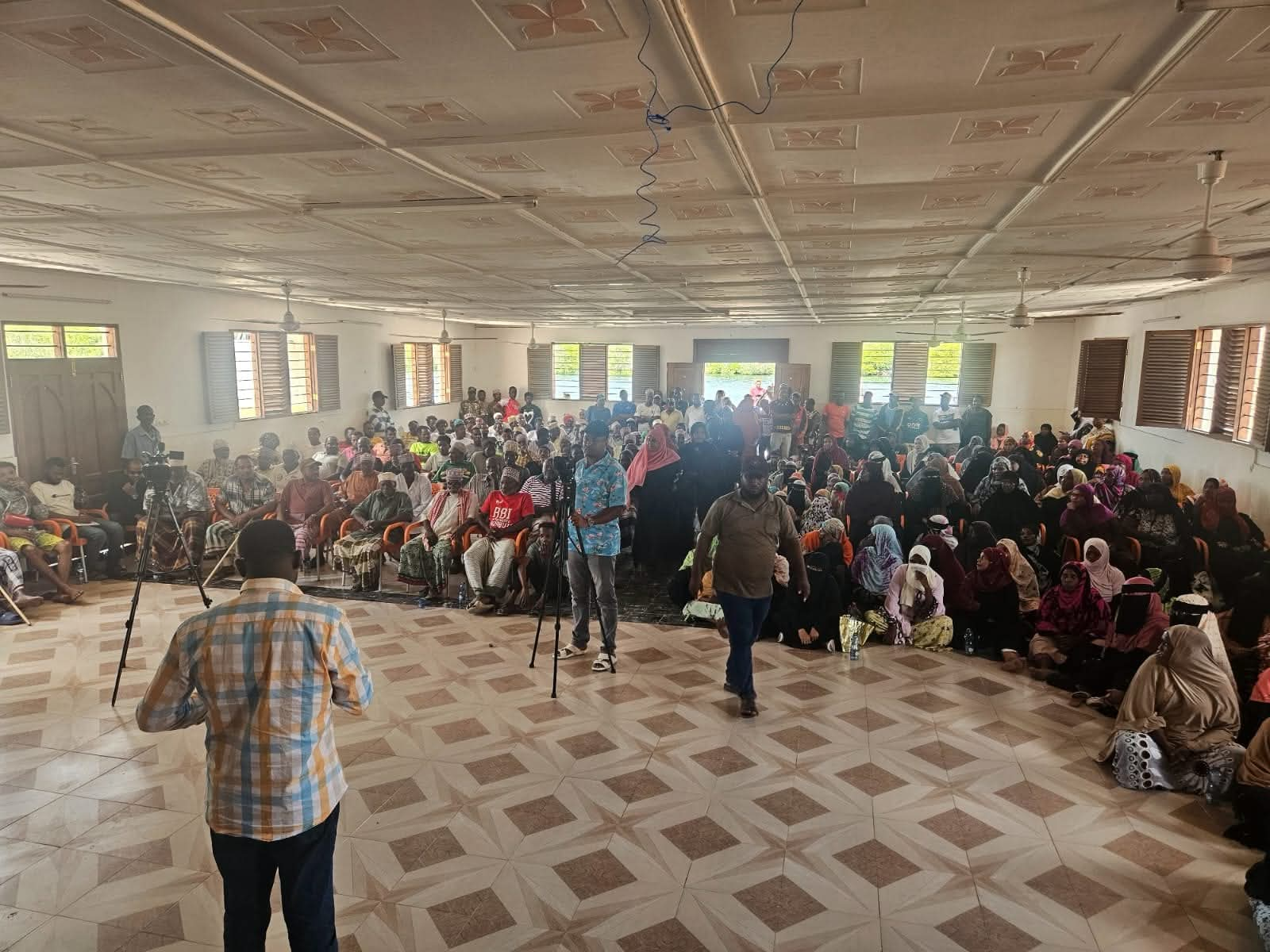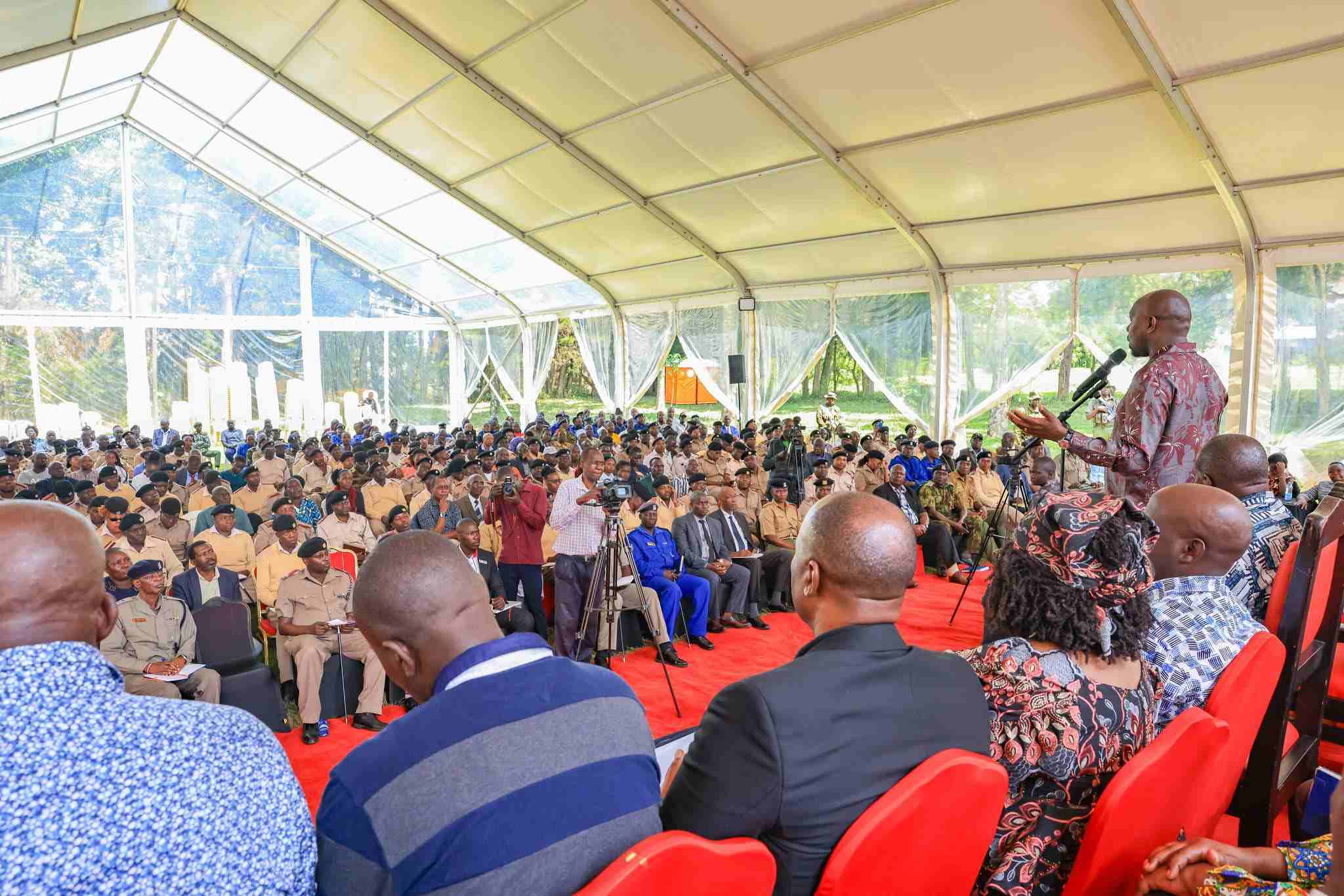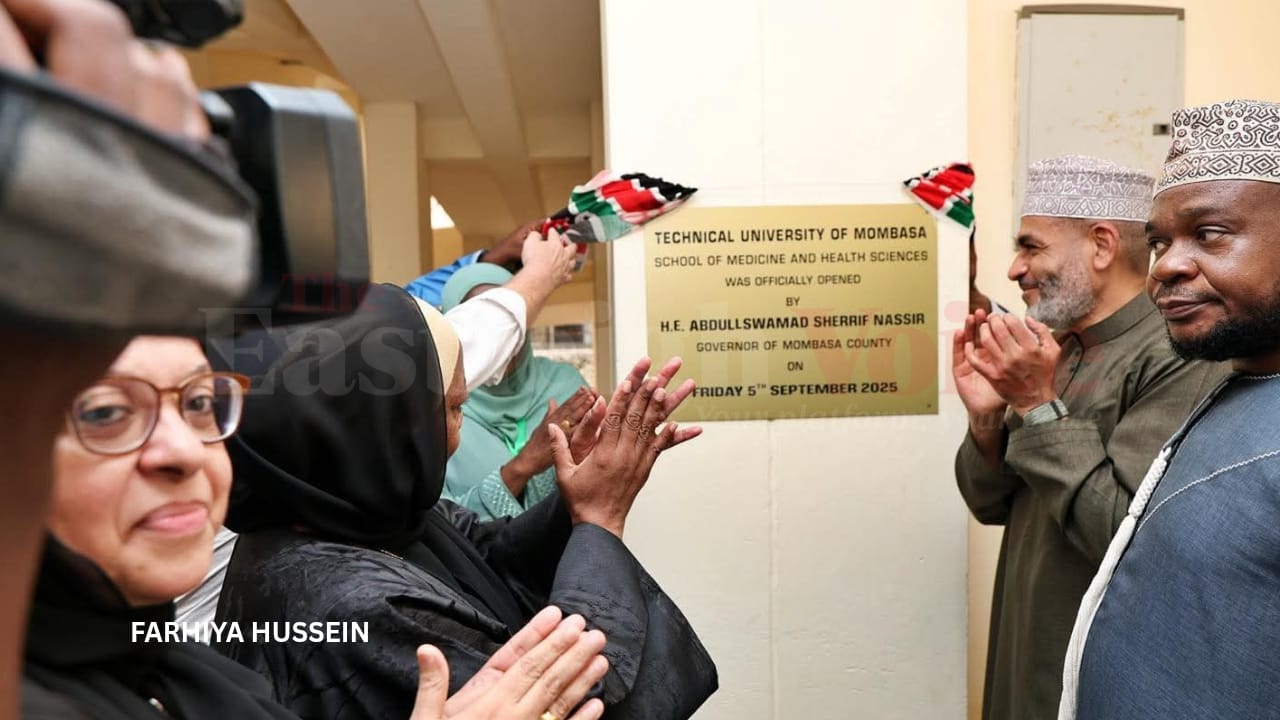Finance Bill 2024: Committee seeks oral, written views ahead of public hearing
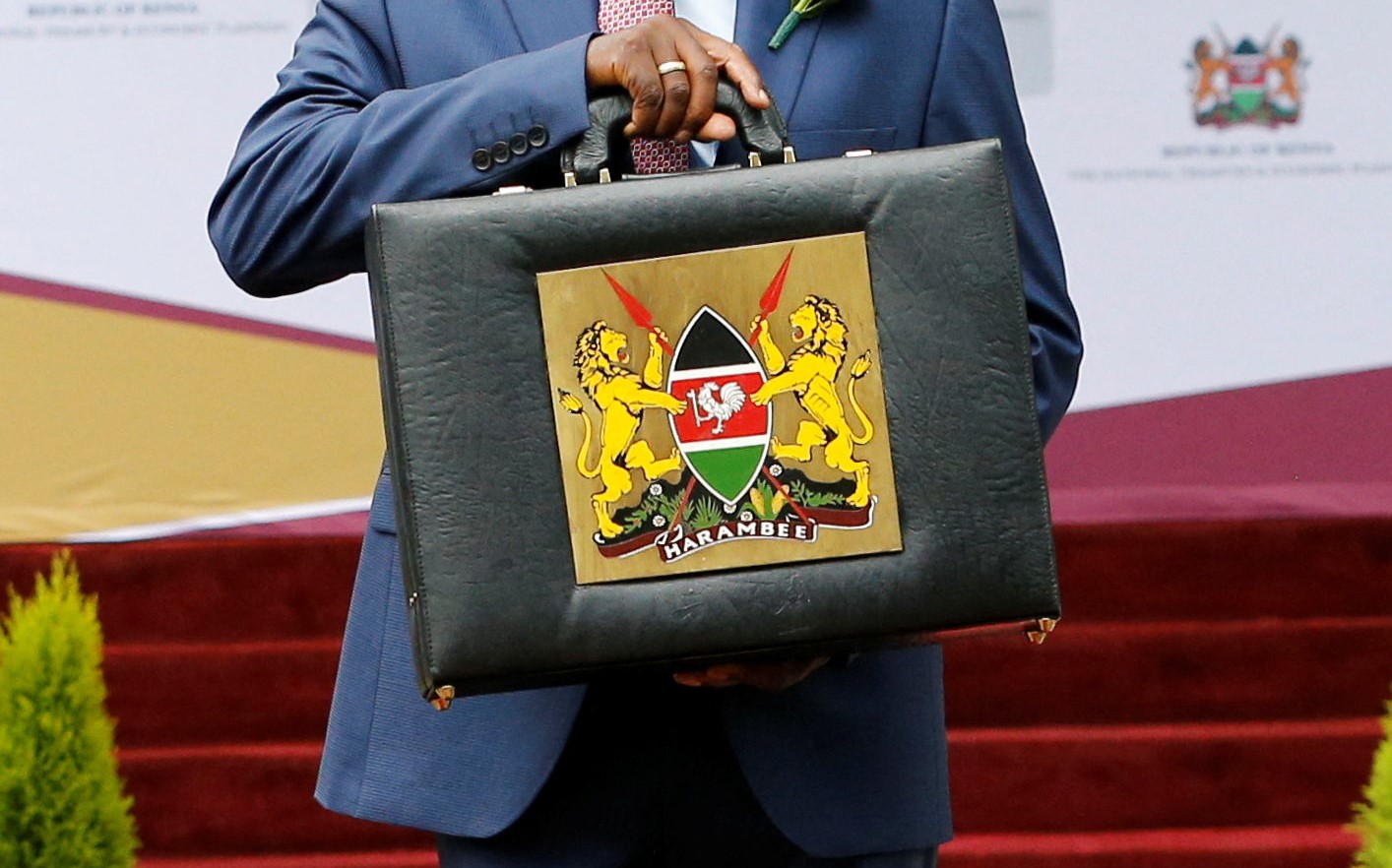
National Assembly Clerk Samuel Njoroge said on Tuesday that the public hearing will be held on June 10 at the Kenyatta International Convention Centre (KICC) in Nairobi from 9.30 am to 5 pm.
The Departmental Committee on Finance and National Planning has asked the public to submit oral views and written memoranda on the Finance Bill 2024.
National Assembly Clerk Samuel Njoroge said on Tuesday that the public hearing would be held on June 10 at the Kenyatta International Convention Centre (KICC) in Nairobi from 9.30 am to 5 pm.
More To Read
- Millions of Kenyans facing financial hardship as cost of living outpaces wages – report
- MPs probe KEBS's controversial vehicle inspection tender
- Kenya’s economy stable under Ruto, says Treasury CS Mbadi in response to Gachagua's claims
- Ruto defends economic reforms, vows to push ahead with affordable housing, cost of living agenda
- KIPPRA flags job creation as key concern despite Kenya’s economic growth
- 16 killed in June 25 memorial protests, most by police – Amnesty International
Via a statement on social media platform X, Njoroge explained that the public hearings were in line with Article 118(1) (b) of the Constitution, which requires Parliament to facilitate public participation and involvement in legislative and other business of the Assembly and its committees.
The committee chaired by Molo MP Kuria Kimani has received written submissions on the bill for a week now.
At a press briefing at the Parliament buildings last week, Kimani noted that since the contents of the bill are proposals by the Treasury, they do not have to be passed, hence the need to submit views on them.
He said that thus far, they have received "many views" on the bill, which has 65 clauses, and that the committee was being deliberate about transparency.
“As a committee, we made a deliberate decision that [when it comes to] any decision affecting members of the public, we will try to make the public as aware as possible,” Kimani said.
He further noted that bills have been processed and passed since the promulgation of the constitution in 2010 and that President William Ruto's Kenya Kwanza government therefore has no hidden agenda or sinister motives behind the current one.
The bill has been the talk of town, due to proposals such as bread, motor vehicles, and digital transaction taxes, with members of the public expressing fears about tougher times where the cost of living is concerned.
Several parties have submitted their oral submissions to the committee, among them opposition leaders, who say the proposals are harsh and untenable for Kenyans.
Politician Kalonzo Musyoka, leader of the Wiper Democratic Movement, has criticised the bill as punitive and intended to hurt people at the bottom of the pyramid.
In its submissions to the committee last week, the Beverages Association of Kenya (ABAK) argued that the implementation of the bill would subject players to double taxation at the input and finished goods stages.
Chairperson Eric Githua said this would disadvantage them since the imported products would be subjected to excise duty on finished products alone.
He added that an increase in the spirits tax would collapse the local production of spirits.
This bill proposes the introduction of an annual motor vehicle tax that would see car owners pay 2.5 per cent of the value of the vehicle, the minimum being Sh5,000 and the maximum being Sh100,000.
The Association of Kenya Insurers said it wants the motor vehicle tax scrapped, as the number of comprehensive covers will reduce significantly, but the committee chair implied that this would result in the loss of Sh58 billion.
Top Stories Today
